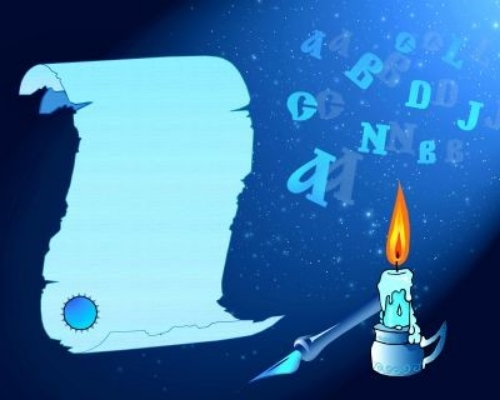Philosophy has a bad reputation as remote from the world—arcane, esoteric and impractical. And you can certainly philosophize in that way. But I don't recommend it. In my view, the best philosophy searches out and embraces the deepest wisdom for living and working in the world.
My new philosophy friend Ryan Stelzer, co-founder of the Boston based philosophical consulting firm Strategy of Mind, just posted a nice piece on LinkedIn about how the top fashion designer Brunello Cucinelli uses philosophy and great literature to enhance the life of his business, by sparking the lives of his associates. Cucinelli started his firm with an investment equal to about $550 US dollars and now has a personal wealth of over a billion. And he does things the right way. His success displays the wisdom of good philosophy, well applied. In fact, he often cites the Meditations of Marcus Aurelius as among his favorite philosophy books.
In a fun reply to Stelzer's nice essay, I did a quick rap recommending philosophy. And just now, I augmented my silliness to make it clear that I'm not puffing just any philosophy, but only the good stuff. I've blogged poems, essays, book reviews, quotes and tweets before. So here's my first rap. Do this in the voice of Wyclif Jean or your favorite kindred performer, for full effect. So Ok then. Turn up the speakers, and go:
Cucinelli style philosophy is, you know, a part of me, even more than luxury, a necessity in complexity if you see the humanity of a wisdom trip, better than a cool sip of bubbly Moet down in hot San Tropez, live another day with the insights of the ages and the thoughts of all the sages, if you look in the book that has the right hook you can throw out the crook who might have shook you and be shocking you and blocking you with his big Mercedes—go and tell the ladies that the tonic is Platonic and you can please with Socrates every day that you play with philosophy to make the rules and leave the fools who think it’s all just numbers don’t you ever wonder what kind of thunder will come from going deep with thoughts that keep coming at us all these years, overcoming fears, wiping tears, and making for careers—whatever you’re selling, whether grape jelly or Brunello Cucinelli.
Word. When I plug philosophy it’s the best and not the rest I use to feather up my nest but it’s sad how the bad sometime gets prime whether you’re a penny or a dime and takes the heart outa you and what you do since it got a wrong start with old Descartes who put that horse before the cart and laid it all on me, but with him it was he, the ego don’t you know that cogito where it then ergo starts to blow the whole thing up, and ‘sup with that, I smell a rat and take it to the mat cause that ego ain’t no amigo, just be free go back to Plato and a full throttle OG my man Aristotle—you got to bottle that stuff and be tough with true blue virtue and I’ll just geek and give the Greek, ARATAY is the word for the day and that’s how you say it, live it, give it, play it for Rene and we can see a better way and you know, hey, ditch the Yugo and gimme dubs I’m a Maserati hero wrapped up in Cucinelli. Yo.













































